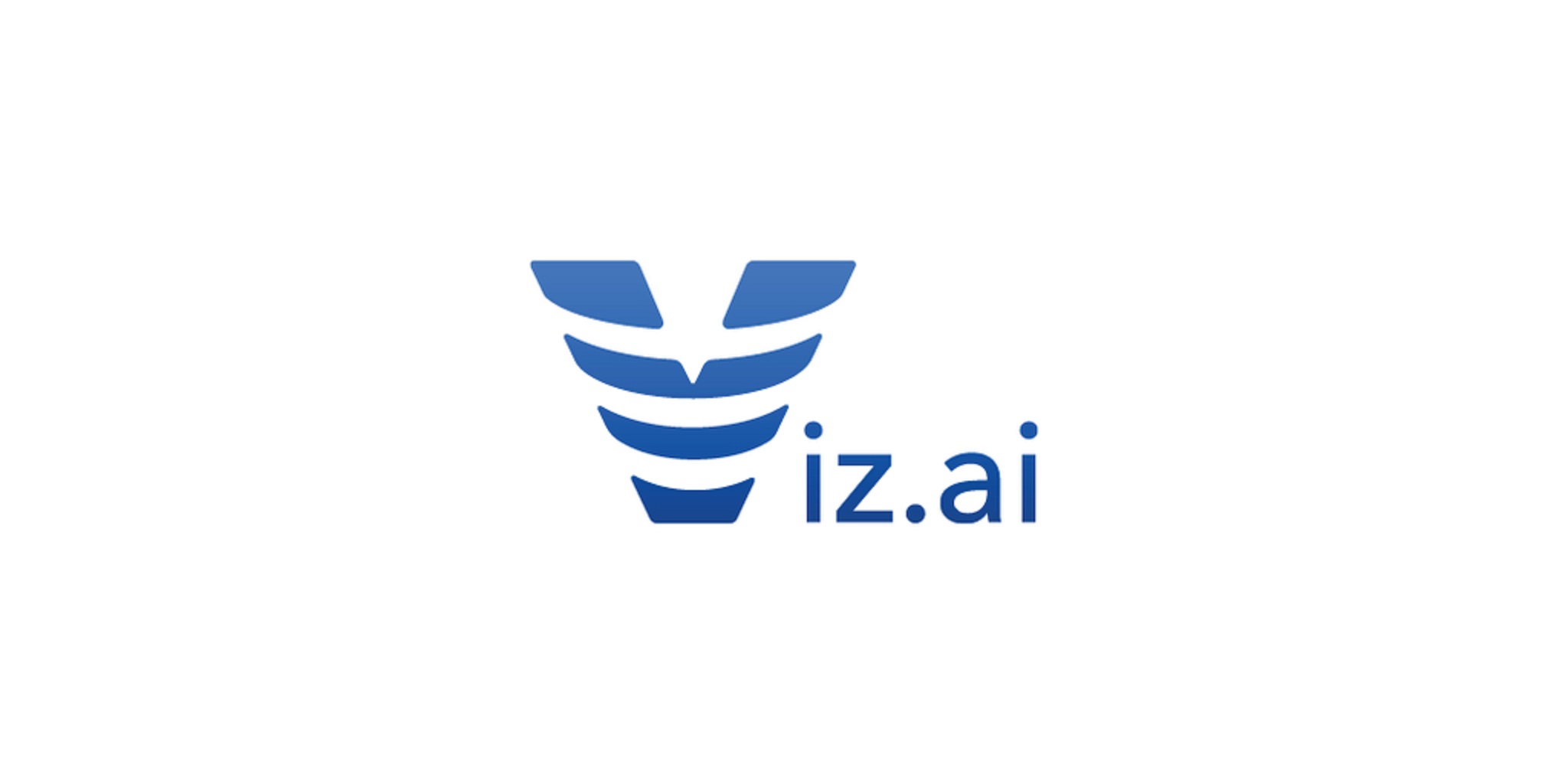
Viz.ai gains FDA De Novo approval for its AI-driven algorithm detecting hypertrophic cardiomyopathy (HCM). This breakthrough software evaluates electrocardiograms, alerting specialists to suspicious findings for further assessment. The FDA’s recognition establishes a new category for cardiovascular machine learning-based notification tools. Viz.ai’s system, analyzing medical images across health systems, enhances early identification of potential HCM cases. The algorithm, one of twelve on Viz.ai’s AI platform, is supported by Bristol Myers Squibb. The advancement aligns with the evolving landscape of AI in medical diagnostics and care coordination.
Viz.ai, a pioneering company specializing in disease detection and intelligent care coordination, has received FDA De Novo approval for its AI-powered algorithm aimed at identifying hypertrophic cardiomyopathy (HCM), a condition affecting the heart. This algorithm, known as Viz HCM, is designed to evaluate electrocardiograms, and when anomalies suggestive of hypertrophic cardiomyopathy are detected, the application promptly alerts specialized cardiology experts for further assessment.
The endorsement from the U.S. Food and Drug Administration marks a significant milestone, establishing a new category for machine learning-based cardiovascular notification software tailored to hypertrophic cardiomyopathy.
Significance of the Development
Viz.ai disclosed in its recent announcement that its machine learning capabilities, which analyze medical images spanning healthcare systems, can enhance the identification and early diagnosis of individuals suspected of having HCM. Dr. Chris Mansi, CEO and co-founder of Viz.ai, emphasized the critical nature of this advancement, highlighting that hypertrophic cardiomyopathy is often a silent menace that eludes detection until advanced stages.
According to information provided on the company’s website, approximately one million people in the United States are afflicted by HCM, yet only a mere 20% have received a formal diagnosis. Despite being the primary cause of sudden cardiac death in individuals under 35 years old, early detection and intervention can lead to a normal lifespan and improved quality of life.
By detecting both obstructive and non-obstructive forms of HCM, the platform facilitates expedited referrals to cardiology specialists. Once an HCM alert is triggered, the appropriate medical team can review the patient’s electrocardiogram, arrange follow-up echocardiograms, and access relevant images and reports through the Viz mobile application.
The HCM AI module is just one of twelve FDA-cleared algorithms featured on Viz.ai’s extensive AI platform, headquartered in San Francisco. This innovative algorithm’s deployment has been made feasible through financial support from a multi-year agreement with Bristol Myers Squibb. The algorithm’s development draws upon a dataset of over 830,000 electrocardiogram exams from 300,000 individuals across diverse global locations.
Larger Industry Trends
Over the past five years, the FDA has been progressively refining its regulatory approach for AI-enabled tools. The De Novo pathway, as described by former FDA Commissioner Dr. Scott Gottlieb in 2019, has proven particularly suitable for obtaining marketing authorization for low- to moderate-risk devices. This evolving landscape has led to discussions about the potential for AI to assume roles traditionally held by medical professionals.
Hypertrophic Cardiomyopathy’s Impact and AI’s Promise
Hypertrophic cardiomyopathy has a particularly pronounced impact on younger individuals with hereditary predispositions. Notable cases, including that of Reggie Lewis and other young athletes, underscore the sudden and tragic nature of cardiac arrest due to undiagnosed HCM.
In recent times, Cedars-Sinai has developed its own AI tool to aid in the detection of hypertrophic cardiomyopathy and cardiac amyloidosis. The AI algorithm developed by Cedars-Sinai seeks out disease patterns that might not be perceptible to the human eye, enabling accurate predictions for diagnosis.
Despite the promise of AI in cardiology, researchers acknowledge potential biases in training datasets. Efforts are underway to ensure that the benefits of AI are broadly applicable, accounting for demographic variations and ensuring accurate performance across populations.
Promising Outcomes and Future Prospects
The potential for AI to revolutionize cardiology care is highlighted by various studies. For example, researchers at the Mayo Clinic demonstrated how AI could enhance the detection of heart failure, specifically focusing on low ejection fraction. The implementation of AI screening yielded significant new diagnoses in this context.
Dr. Matthew Martinez, a prominent figure in sports cardiology and HCM, underscored the significance of Viz.ai’s addition to the HCM module. He highlighted that swift identification and connection with appropriate providers hold immense importance in improving health outcomes, as the role of artificial intelligence in cardiology continues to expand exponentially.




